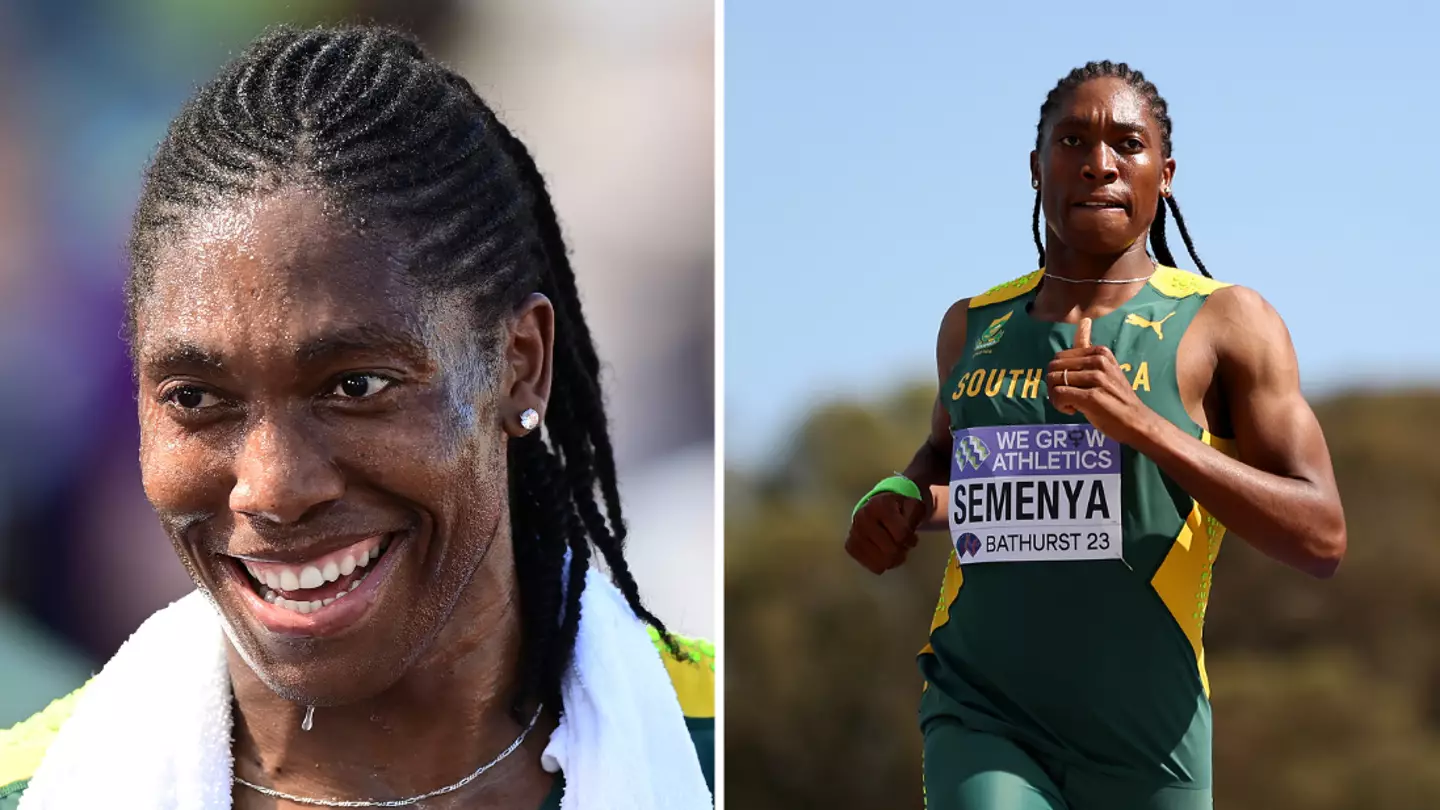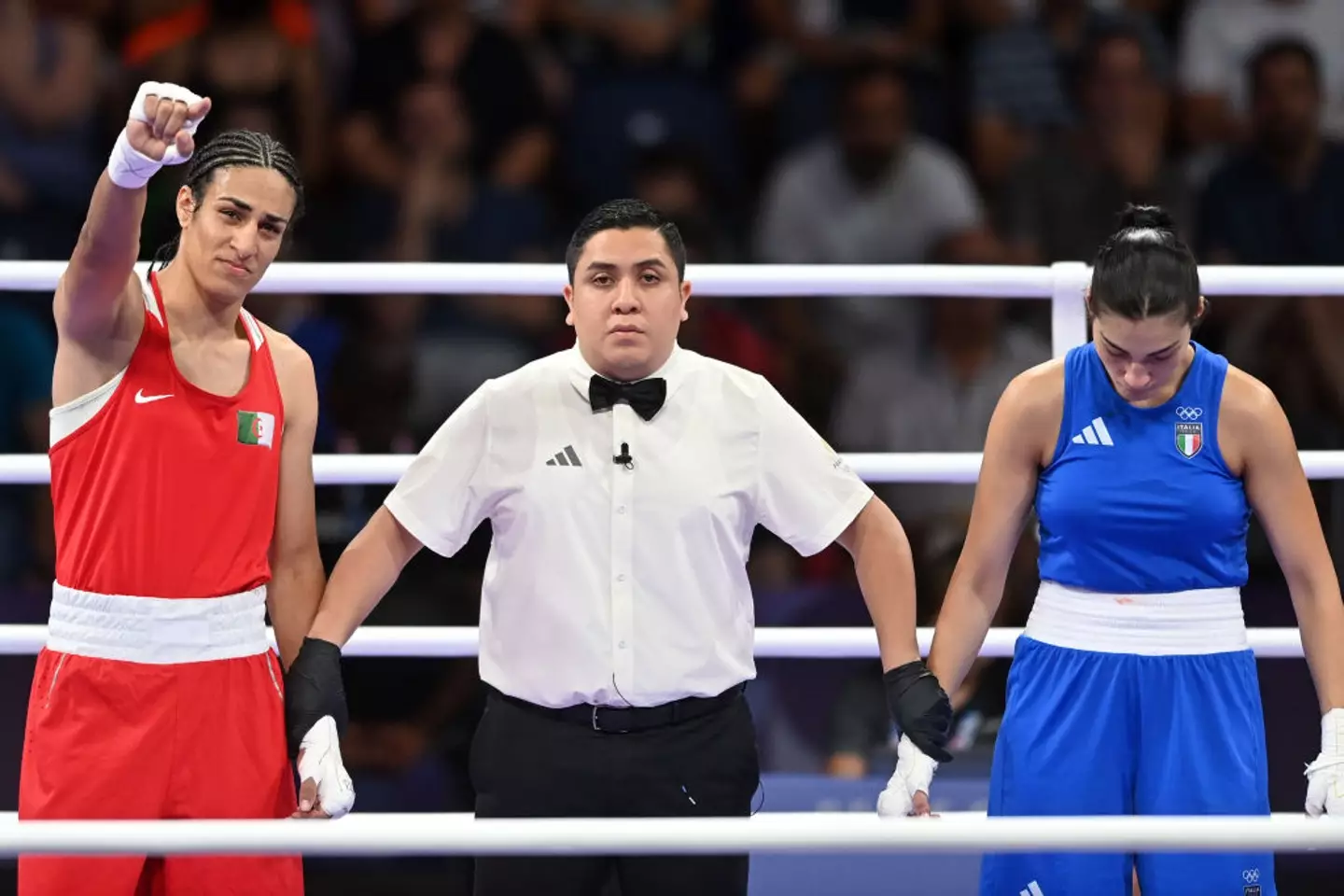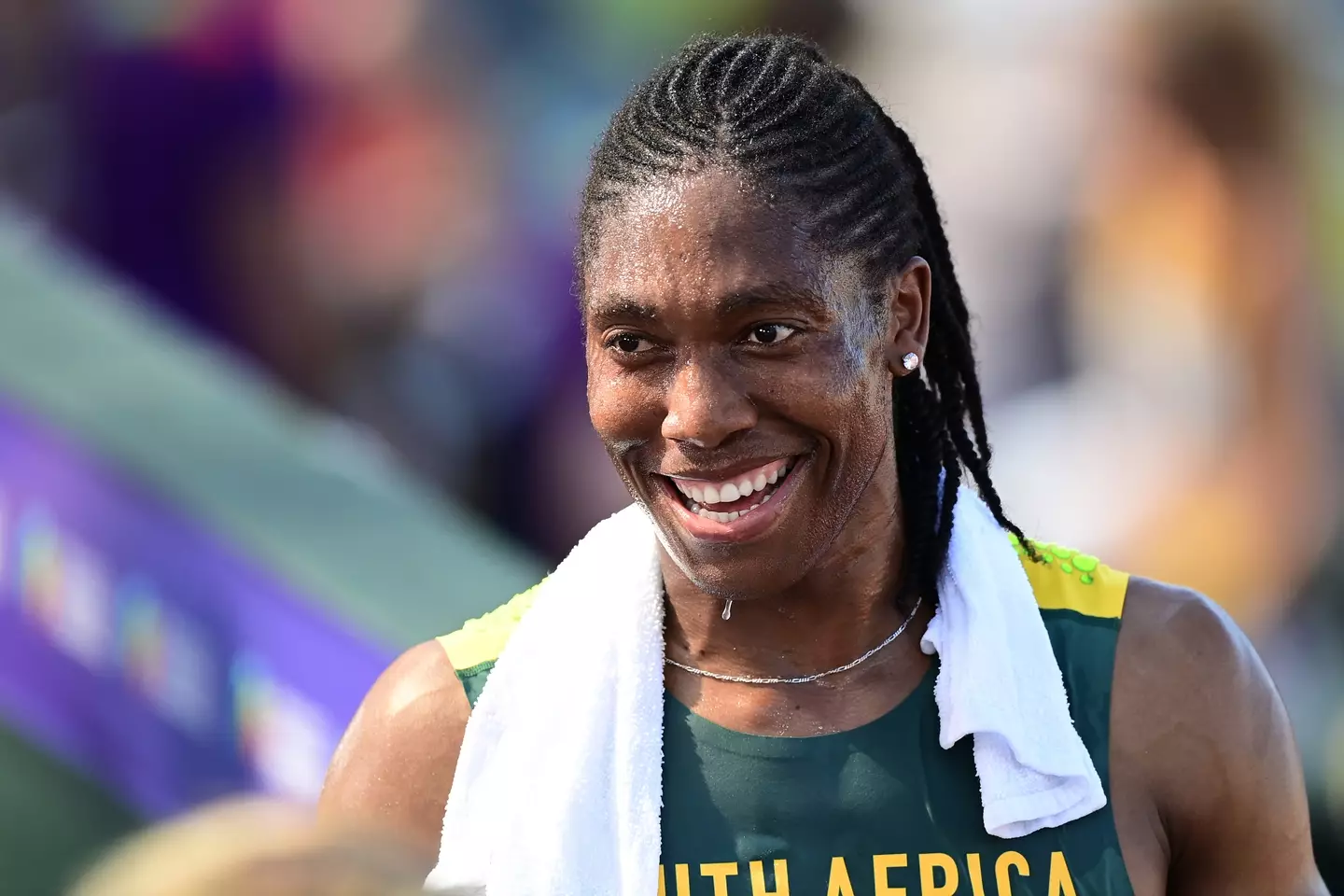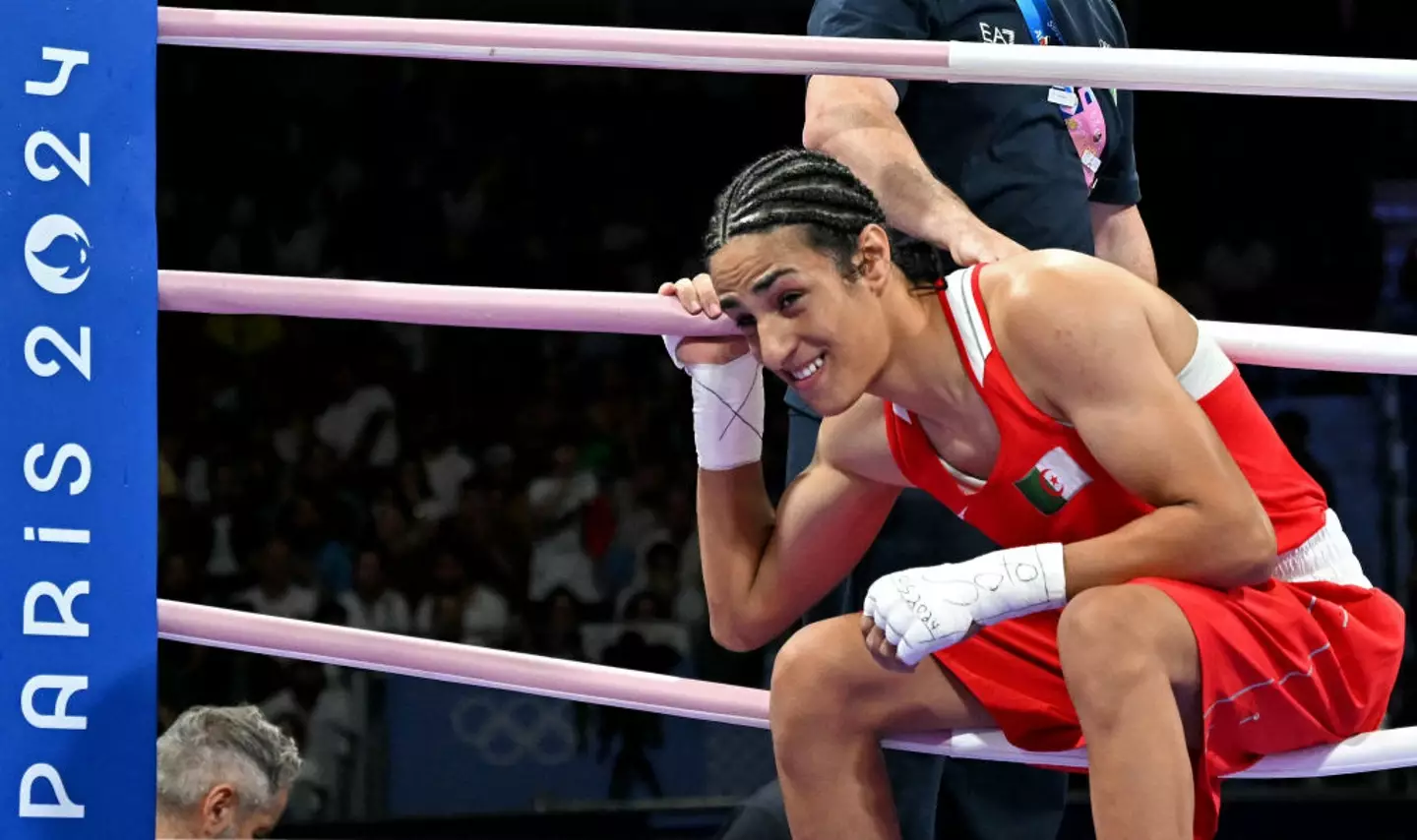
The Olympics have cracked down on new rules regulating athletes with differences of sexual development - also known as DSD - this year at the 2024 Paris games.
This comes after backlash towards Algerian boxer Imane Khelif, who failed a gender test last year ahead of her Olympic appearance which cited that she had elevated levels of testosterone and XY chromosomes.
The boxer went on to win against Italian boxer Angela Carini who, after prematurely ending the fight, was seen falling to her knees and breaking into tears in the ring as Khelif's arm was lifted to symbolise her win.

Advert
Citing her decision to drop out of the match after being hit with a punch that was far too painful for her to continue with, Carini chose to recant her hat from the ring.
Now, there is a new controversy which has shed light on the Olympic DSD rules.
Caster Semenya is the highest-profile DSD athlete, who caused a stir in the community after refusing to take a drug in order to compete.
Semenya was born legally female at birth, but has a condition that means her body naturally produces higher levels of testosterone than women without the condition.
Following the introduction of limits on testosterone levels for female athletes by World Athletics, the South African runner would have been forced to use medication in order to compete.

The two-time Olympic gold medallist and three-time world champion refused to adhere to the rules and took her case to the European Court of Human Rights, citing that it was discrimination against athletes with her condition - later going on to win the case.
Sebastian Coe, who is the head of World Athletics, said in March 2023 that 13 DSD athletes would be impacted by the rules set in place.
What is DSD?
DSD is ‘differences of sexual development’. The NHS explains that this is when ‘a person’s sex development is different to most other people’s.’
This could be regarding genetics, genitals or gender. Or it could be internal reproductive organs which hold male and female traits.
What are the rules?
In 2023, the World Athletics Council decided to reduce the amount of testosterone allowed to be present in the blood of athletes with DSD who wish to compete.
This meant that anyone who wanted to compete would have to take testosterone suppressors to bring their levels below 2.5 nanomoles per litre.
This new rule sees the levels halved, as previously it was 5. But there’s another catch.
Athletes need to be below 2.5 for at least two years before competing in the track and field female category.
If an athlete is already competing, they have to stay below the threshold for six months in order to compete again.
The new rules sees an extension of categories it covers as it used to only apply for distances between 400m and a mile.

Who are the DSD athletes this year?
There are no confirmed DSD athletes this year, however the controversy surrounding Khelif and Taiwan's double world champion Lin Yu-ting - who were both disqualified in the past by the International Boxing Association’s gender tests - has brought their DSD status into question.
The IOC has now blamed the IBA for its ‘arbitrary’ decision to disqualify Lin and Khelif last year, writing in a statement: "These two athletes were the victims of a sudden and arbitrary decision by the IBA. Towards the end of the IBA World Championships in 2023, they were suddenly disqualified without any due process.
"According to the IBA minutes available on their website, this decision was initially taken solely by the IBA Secretary General and CEO."
"The current aggression against these two athletes is based entirely on this arbitrary decision, which was taken without any proper procedure especially considering that these athletes had been competing in top-level competition for many years.
"The IOC is saddened by the abuse that the two athletes are currently receiving. Every person has the right to practise sport without discrimination."
